Aug 29, 2025
Author:Lisa Martinez
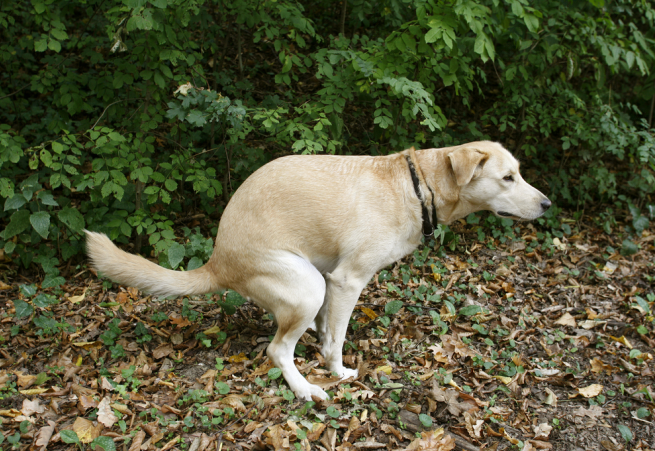
Being a dog parent, you have likely spent a bit too much time analyzing your dog poop. It is not the most glamorous aspect of pet ownership, but the stool of your dog can tell you a lot about the health of your pet. Jelly mucus dog poop is one of the things that pet owners are usually concerned about. It appears abnormal, and you might be tempted to think that it is an indication of something serious.
A small amount of mucus in the poop of your dog is not a cause of panic in most instances. Nevertheless, it may indicate some underlying problems that should be addressed at times. In this article, we will simplify everything: what it is, what may cause it, when to be concerned, and how you can help your pup have healthy digestion.
In dogs, a small quantity of mucus is normally produced in the intestines. This is a gooey, jelly-like substance that acts as a lubricant, facilitating the passage of stool through the digestive tract. The mucus is usually not visible as it is mixed with the poop in most instances.
But when you notice jelly-like strings or a shiny coating in the stool of your dog suddenly, it is most likely that there is an excess of mucus. This normally happens when the large intestine is inflamed or is over straining to pass stool.
Sometimes, mucus is not something to be concerned about; it may occur when your dog eats something new, is a bit stressed, or has a slight stomach upset. However, when the mucus is thick, frequent, or accompanied by other symptoms such as diarrhea, blood in the stool, vomiting, or appetite changes, it could be an indication of a digestive system problem that requires attention. In this case, the occurrence of jelly mucus dog poop can be a convenient signal that you need to take a bit more care of the health of your pet..
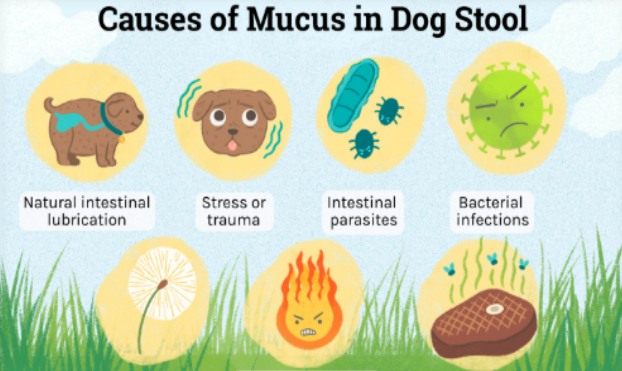
Jelly mucus dog poop does not have one particular cause. Rather, a number of factors could be involved:
1. Diet Changes
Your dog may be having a digestive system adjustment in case you have just changed their food. The gut can be irritated by sudden changes in diet, which causes excessive mucus.
2. Allergies or Food Intolerance
Some dogs are allergic to some ingredients just as humans are. Their stomach is upset by dairy, wheat, or even certain proteins, causing mucus-coated stool.
3. Stress and Anxiety
Stress is not unique to humans only, but it can also affect dogs. Digestive upset and mucus in their poop can be caused by moving homes, the introduction of a new pet, or loud noises.
4. Colitis (Inflammation of the Colon)
One of the most frequent causes of jelly mucus dog poop is colitis. It happens when the large intestine becomes inflamed, which in most cases causes frequent bowel movements that are covered with mucus.
5. Parasites
Giardia and other worms and protozoa may irritate the intestines and produce jelly-like stool.
6. Infections
Mucus, diarrhea, and other symptoms such as vomiting or loss of energy may be caused by bacterial or viral infections.
7. Foreign Objects
When your pup has eaten something strange, such as a sock, a stick, or a toy, it may irritate the intestines and secrete mucus.
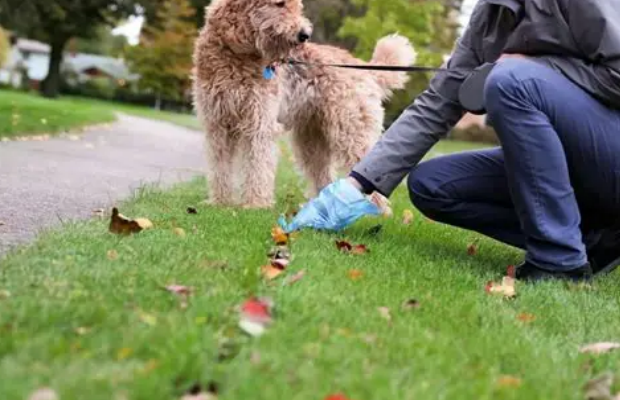
Not all mucus in the stool of your dog is an emergency. However, you should understand when you need to call your vet. You ought to worry when:
● The mucus lasts over 2-3 days.
● It is followed by blood (red or dark, tarry stools).
● Your dog is experiencing diarrhea, vomiting, or anorexia.
● They appear to be abnormally fatigued or weak.
● They lose weight abruptly.
Unless your dog is happy, playful, and eating normally, one instance of jelly-like poop is not usually a cause for concern. However, the regular changes are an indication that it is time to dig deeper.
Seeing jelly mucus dog poop can be a cause of concern, but with the right measures, you can determine what is happening. This is what you can do:
Note the time you first realized the mucus. Does your dog poop every time or once? See whether it appears stringy, thick or whether there is blood. Also, pay attention to other changes in your pup, such as a lack of eating, vomiting, and increased fatigue.
Consider the possibility that you have recently switched your dog to a new food or introduced new treats. Their tummy can be upset by sudden changes, and mucus can occur. In case that could be the cause, gradually revert to their previous food. In case of persistence of problems, consult your vet on sensitive stomach foods.
Dogs will become dehydrated when they experience diarrhea or mucus in their stool. Have fresh water at all times. If your dog does not enjoy drinking a lot, you can give them ice cubes, a little bit of low-salt chicken broth, or a pet water fountain to entice them.
In case the mucus continues to appear, put a small amount of poop into a clean bag or container. Take it to your vet to have it tested to see whether it has parasites or infections. This is an easy action that can provide answers in a short time.
When the problem persists or you see blood, vomiting or weight loss, it is time to call your vet. They may perform tests such as blood work, X-rays, or an ultrasound to rule out such things as colitis or a blockage. Early assistance will help your pup to feel better earlier.
It is always better to prevent than to cure. To reduce the likelihood of jelly mucus dog poop, you can work on the overall digestion of your pup:
● Provide a high-quality, consistent diet. Do not make abrupt changes in food.
● Incorporate fiber. Other dogs can use additional fiber such as pumpkin or supplements prescribed by the vet.
● Regular exercise. Exercise assists in bowel movement.
● Stress management. Maintain a calm environment and comfort your dog in stressful events.
● Regular vet examinations. It is always good to detect problems early.
Feeding routine is one of the factors that are usually ignored in digestive health. Dogs live on routine. They can have an upset stomach from feeding at odd hours or feeding them too many table scraps. This is the reason why numerous pet parents resort to smart feeders.
For example, you can feed your pets at regular intervals daily, even when you are not around, using a WOPET Smart Feeder. This will avoid overfeeding, stomach upset due to inconsistent feeding, and will make sure that your dog gets the correct proportions. Dogs that eat at the right time maintain a balanced digestive system, which reduces the chances of problems such as jelly mucus dog poop.
In case your dog has only mild mucus in the stool and appears healthy, there are a couple of mild solutions you can talk to your vet about:
● Bland diet- A few days of boiled chicken and rice can help to calm irritation.
● Pumpkin puree- It is rich in fiber and digestive.
● Probiotics- Supplements that encourage good intestinal bacteria.
● Slow diet transition- Transitioning food should be done slowly in 7-10 days.
Do not try to diagnose it yourself with serious issues. Professional care is the safest in case of the worsening of the symptoms.
Jelly mucus dog poop may be a disturbing sign, but it is nothing serious. It is simply the digestive system of your dog reacting to food, stress or minor irritation in most cases. Nevertheless, it is more prudent to be watchful- your dog is relying on you to notice these minor changes.
The most effective method of ensuring that your pup has a healthy digestive system is consistency: consistency in diet, water, exercise, and feeding. With the assistance of such devices as the WOPET Smart Feeder, it is less challenging to take care of those routines and ensure that your dog leads a healthy life.
Label:
Popular Post

What to Feed a Sick Dog With No Appetite? [2025 Guide]
May 16, 2023
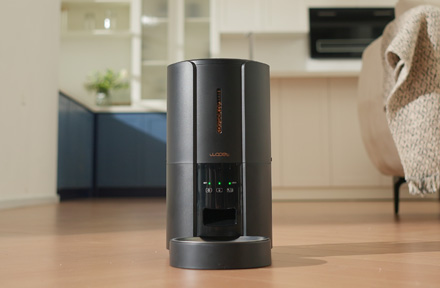
Troubleshooting Common Issues with Automatic Pet Feeders: Tips & Tricks for Pet Owners
Oct 26, 2023
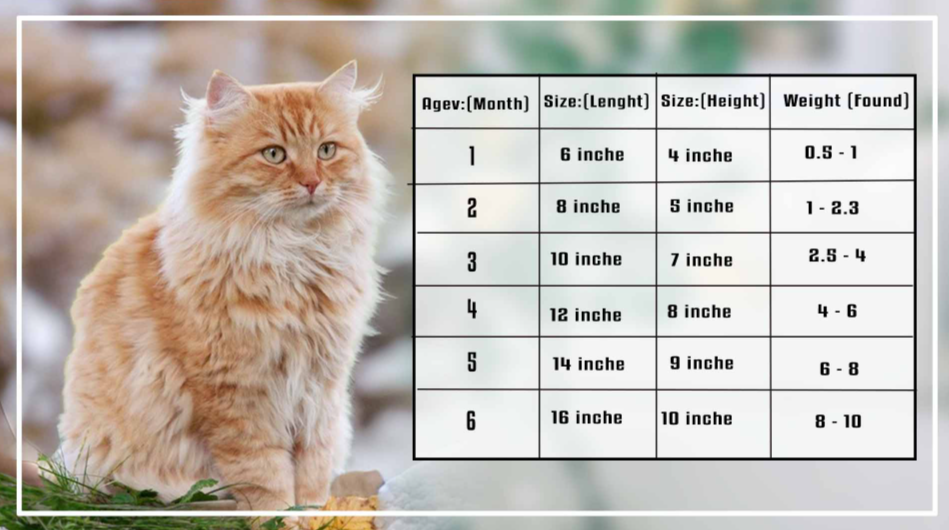
What is a standard Cat Weight chart by age Kg?
Mar 19, 2025

Why Does My Cat Cough After Drinking Water? 8 Potential Reasons
Mar 13, 2023
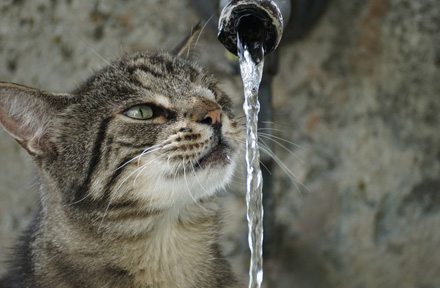
Why is My Cat Throwing up Water? Top 5 Causes Here
Feb 08, 2023
$109.99
$129.99
Copyright © 2025 WOPET. All Rights Reserved.